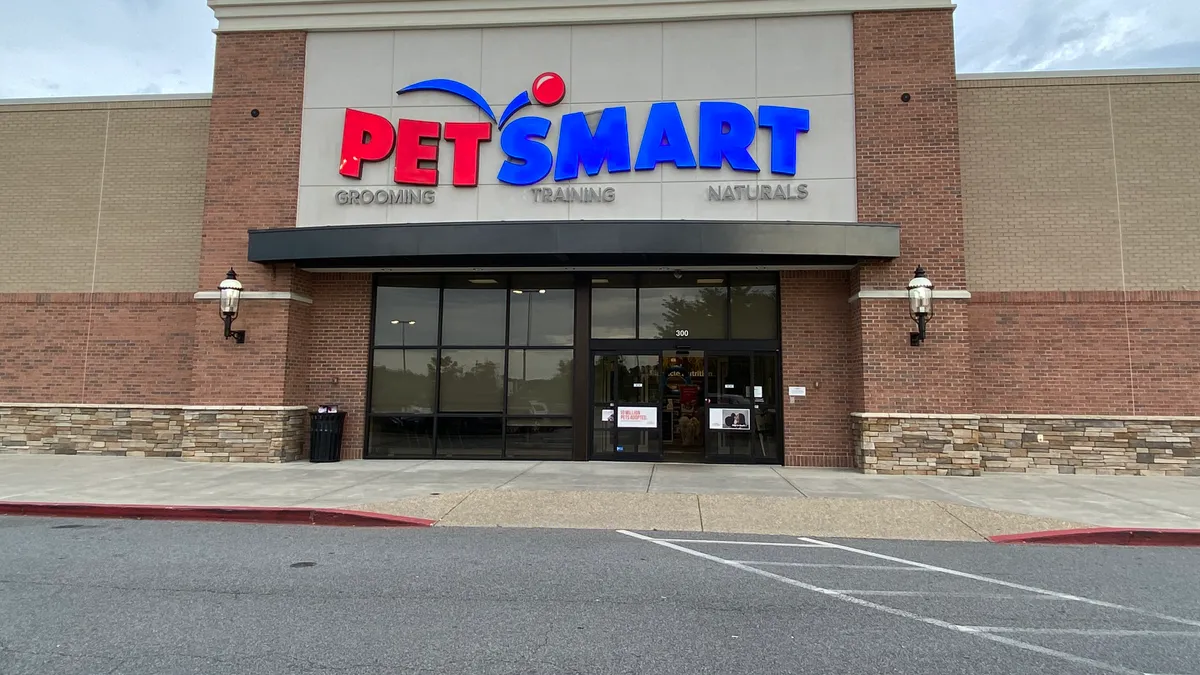Dive Brief:
- A California plaintiff filed a lawsuit July 28 against PetSmart, alleging the company’s groomer training program violated state law by charging workers for training that it primarily benefited from (Scally v. PetSmart LLC). Through its “Grooming Academy,” which is marketed as free, groomers take on $5,000-$5,500 worth of debt to the company, which is forgiven only if the employee remains at PetSmart for two years following its completion, the suit said.
- The plaintiff planned to quit her job due to stress and low pay, the suit stated. Having signed the agreement and undergone Grooming Academy, she remained and tracked revenue brought in until she was confident she earned PetSmart enough money to make up for the training cost — about five months after she was hired. After she quit, however, she was pursued by a debt collector and her credit score dropped. The agreement left her “with the impossible choice of going into debt because she was staying at a job that paid her below market wages and going into debt pursuant to the [agreement] because she left that job for a higher-paying one,” the suit said.
- According to the suit, prospective groomers are required to undergo the training and PetSmart makes money off the grooms performed by trainees. Additionally, the groomers were required to reimburse the company even if they were laid off or fired, the suit said. “Out of respect for all parties involved, we do not comment on pending litigation,” PetSmart said in a statement to HR Dive.
Dive Insight:
Recouping training costs is a complicated endeavor, but can occasionally be done. Employers must be careful to adhere to a few requirements to stay in legal bounds, however.
First, the training should be voluntary. “When employees are required to take the training as a condition of employment, the courts have largely held costs are not reimbursable,” an HR Dive contributor previously noted.
The PetSmart lawsuit alleged that the company required prospective groomers, typically hired as bathers, to go through its Grooming Academy to be eligible for a promotion if they did not have prior grooming experience.
Other elements required for recouping training costs include an up-front and detailed agreement, and compliance with federal, state and local laws.
The PetSmart lawsuit cited California law, which states that “an employer shall indemnify his or her employee for all necessary expenditures or losses incurred by the employee in direct consequence of the discharge of his or her duties.” The suit further cited state law prohibiting “unlawful, unfair or fraudulent” business practices, among other statutes.
In addition to the Grooming Academy allegations, the class-action lawsuit took issue with PetSmart’s grooming toolkit, the costs for which the company tacked on to the training and workers’ alleged inability to take legally required breaks.
The suit was filed on behalf of the plaintiff, as well as potentially thousands of current and former California PetSmart bathers and groomers.














